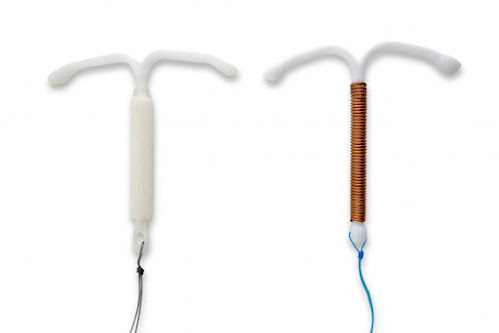Male Circumcision: Ethical Debates in Dubai
Male circumcision in Dubai, like in many parts of the world, is the subject of ethical debates that touch upon issues of bodily autonomy, religious freedom, and medical ethics. While circumcision holds significant cultural and religious importance, questions regarding its necessity, consent, and potential risks have sparked discussions among healthcare professionals, ethicists, and community members. This article explores the ethical debates surrounding male circumcision in Dubai, examining various perspectives and considerations.
Bodily Autonomy and Informed Consent:
One of the central ethical concerns surrounding Male circumcision in Dubai is the principle of bodily autonomy and informed consent. Critics argue that infants and young children cannot provide informed consent for a non-therapeutic procedure like circumcision. As such, performing circumcision on infants raises questions about the rights of the child to bodily integrity and self-determination. Advocates for informed consent argue that individuals should have the right to make decisions about their bodies when they are capable of understanding the implications of the procedure.
Religious Freedom and Cultural Identity:
Male circumcision holds profound religious and cultural significance within Dubai's diverse community. For many families, circumcision is a sacred tradition rooted in religious teachings and cultural heritage. Ethical debates surrounding circumcision often intersect with considerations of religious freedom and cultural identity. Critics argue that imposing circumcision on individuals who do not subscribe to the religious or cultural beliefs associated with the practice may infringe upon their autonomy and rights. Conversely, proponents of circumcision emphasize the importance of respecting religious and cultural traditions while ensuring that individuals have the freedom to make informed choices about their bodies.
Medical Ethics and Harm Reduction:
From a medical ethics standpoint, the practice of Male Circumcision raises questions about the balance between potential benefits and risks. While circumcision offers certain health benefits, such as reduced risk of urinary tract infections and sexually transmitted infections, critics argue that these benefits may not outweigh the risks and potential harms associated with the procedure. Medical professionals have a responsibility to provide accurate information about circumcision, including its potential risks and alternatives, to support individuals and families in making informed decisions.
Cultural Sensitivity and Dialogue:
Navigating ethical debates surrounding male circumcision requires a nuanced understanding of cultural norms, religious beliefs, and individual values. Promoting cultural sensitivity and open dialogue is essential for addressing ethical concerns while respecting diverse perspectives within the community. Healthcare providers, policymakers, and community leaders play a crucial role in facilitating discussions about circumcision, promoting informed decision-making, and upholding ethical principles of autonomy, beneficence, and non-maleficence.
Conclusion:
Male circumcision in Dubai is a complex and multifaceted issue that involves ethical considerations related to bodily autonomy, religious freedom, and medical ethics. While circumcision holds significant cultural and religious importance, questions regarding informed consent, potential risks, and cultural sensitivity underscore the need for open dialogue and ethical reflection within the community. By engaging in respectful discourse and upholding ethical principles, Dubai residents can navigate the complexities of male circumcision while promoting individual rights, cultural diversity, and community well-being.



Comments
Post a Comment